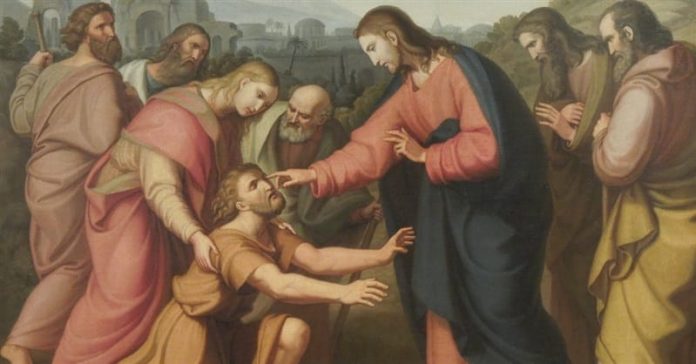The views expressed in this commentary do not necessarily reflect those of BCNN1. Opinions expressed are solely those of the author(s).
When I was a youngster, an issue of Popular Mechanics came out, and on the cover was a man pushing a small, yellow helicopter into the garage of his modest home. The magazine was sure that within a few years, whirlybirds would replace cars. That prospect was exciting, but predictions are often perilous.
Thomas Edison was one of the greatest inventors in history, but when it came to the future, he got a few things wrong. In a 1911 interview, he predicted, “The day is near when bars of [gold] will be as common and as cheap as bars of iron or blocks of steel. We are already on the verge of discovering the secret of transmuting metals, which are all substantially the same in matter, though combined in different proportions.” Great ocean liners, he said, would be made of solid gold and we would be riding in golden taxicabs.
Well, maybe in heaven, the Golden City. But Edison’s mistake left his reputation, well, tarnished a bit.
Get ready for more predictions! We just began a new year, a new decade, and in America it’s an election year to boot. I predict you’ll hear a lot of predictions, a lot of gloom and doom, a lot of disturbing speculation, and a lot of clamoring about the dangers ahead. Some people view the future through the lens of headline news. Their ideas are shaped by the commentators they hear every night, mostly from one political slant or another. Others shape their ideas for the future with extreme voices, warning of disasters around every corner. And a lot of us view tomorrow through the lens of worry and fear. We’re anxious about the coming year. We have worries that nag at us.
So let’s remember something important: We don’t know what tomorrow holds for our world, but we know Who holds tomorrow.
The Great Optometrist
Have you ever considered how poorly people saw things in biblical times? There were no optometrists, and corrective lenses hadn’t been invented yet. So, as people aged and their vision deteriorated, they had to live with blurry images — all except one man who had perfect 20/20 vision, thanks to Jesus. It was the blind man of Bethsaida whom the crowd brought to the Lord, asking Him for healing. Jesus led the man away from the crowd, touched his eyes, and asked if he saw anything. He said he saw people in the distance, like trees walking. Jesus put His hands over the man’s eyes again and this time his vision was as sharp as an eagle’s (Mark 8:22-29).
There was a purpose to this two-stage miracle. In the next paragraph, Peter recognized Jesus was the Messiah, but he couldn’t yet see how Jesus would die for the sins of the world. His insights into our Lord’s work came in stages.
Jesus is not only the Great Physician, He is the Great Optometrist. We need to look at life through His lens — the lens of biblical prophecy, scriptural promises, and divine reassurance. As He touches our eyes, we see things with more clarity.
The Heavenly Eye Chart
If the Lord is the Great Optometrist, the Bible is His heavenly eye chart. He tells us to look at the letters in His Book and read them clearly, noticing even the smallest of truths. If you need a few lines of Scripture to help you face the future, let me suggest some 20:20 verses for 2020.
And Moses said to the people, “Do not fear; for God has come to test you, and that His fear may be before you, so that you may not sin.”
Exodus 20:20
SOURCE: Christian Post, David Jeremiah
All Content & Images are provided by the acknowledged source



